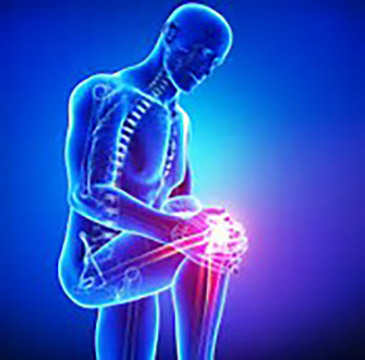
MUSCULAR RESTRICTIONS
Musculoskeletal restrictions are a collection of health conditions that impact your joints, bones, muscles, tendons, ligaments, nerves, blood vessels, and discs. In some cases, these issues are related to injuries, while they can also be the result of limitations, weaknesses or compensations that can develop due to a lack of physical activity, bodily use, and muscular functions throughout the aging process.
The symptoms of musculoskeletal impairment can vary based upon the specific cause of the issue. A discomfort can also spread from one joint or muscle region to a wider area of the body depending upon what occurred in the first place.
Muscular impairments are included among the various reasons why pain might occur, and this is often the reason for discomfort in the ligaments and tendons. This is also true of pain in the joints and bones. Muscular constraints and weaknesses can also be triggered by infection or improper blood flow.


Muscular restrictions can affect athletes just like they can affect anyone else. However, due to the physical demands and intense training involved in sports, athletes may be more susceptible to certain types of muscular issues and instabilities. Here are some common muscular disorders that can impact athletes:
Muscle Strains: Muscle strains are one of the most common muscular problems in athletes. They occur when muscle fibers stretch or tear, often due to overstretching or overloading the muscle during intense physical activity. Hamstring strains and quadriceps strains are particularly prevalent in sports that involve running and jumping.
Muscle Cramps: Muscle cramps are sudden, involuntary contractions of a muscle or group of muscles. Dehydration, electrolyte imbalances, and overuse can contribute to muscle cramps, and they are common during or after intense physical activity, especially in hot and humid conditions.
Preventing muscular restrictions in athletes involves proper training techniques and addressing any underlying musculoskeletal instability issues or muscle imbalances. The FitAssess Assessment System is crucial for athletes to understand what is actually happening with their body before engaging in strenuous training or sport to avoid sudden pain or symptoms of a severe muscular disorder. The FitAssess Prescriptive Workout Plan of Action can help athletes recover and return to their sport safely with enhanced performance.